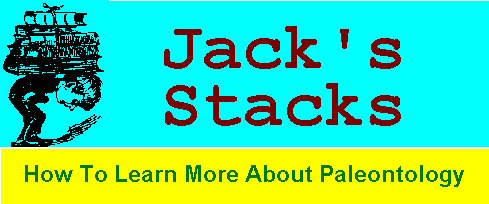
Back in November of 1994 I reviewed The Neandertals by Trinkaus and Shipman. These authors are both leading scientists working in paleoanthropology and were among the 100+ scientists interviewed by Shreeve for The Neandertal Enigma. I mention this because Shreeve is not a scientist but a science writer. He has researched the topic by visiting the fossil sites, viewed and handled the fossil remains, and interviewed the top researchers in the field. The result of Shreeve's efforts is an easily read and understood book which presents the history and current research in the field of modern human origins.
You may wonder why there seems to be such a fascination with the Neandertals in the first place. After all, weren't they just a dead end side branch to the evolutionary tree leading to Homo sapiens? Didn't they become extinct before "we" were around anyway? Weren't they so primitive that they had no culture or language? Weren't all of their artifacts crude indicating they had poor manual dexterity? And weren't these the reasons early modern humans replaced them? Or, did we evolve from the Neandertals? Well that's why people are interested - we want to be able to answer these questions and more.
The Neandertal Enigma covers a lot of ground trying to answer these questions. To come even close to achieving the goal, Shreeve needed to present not only Neandertal facts but also facts about early modern humans and pre-sapiens homo. When data interpretation is controversial, and this happens quite often, Shreeve presents both sides of the argument.
The "Out of Africa" or "Eve" theory of modern human origins receives a lot of coverage. You will certainly remember the worldwide popular press coverage of this theory based upon mitochondrial DNA studies. This was very controversial among scientists but the press ran wild with the idea that science had "proven" humanity began with one woman in Africa 200,000 years ago. It has not been shown to be that simple. Although other types of evidence still indicate an African origin for modern humans, the Eve theory as originally presented remains questionable based upon analytical methods, computer analysis methods, and mutation rate assumptions.
Some of the newer studies have answered some questions conclusively while ultimately adding more to the list of the unanswered. Neandertals have been found to have survived longer than previously thought. It seems that Homo sapiens and Neandertals lived at the same time for at least 10,000 years. Did Neandertals and early modern humans meet and interact? Did they interbreed? Could they have successfully interbred if they wanted to? Did they compete for the same environmental niche? Did early modern humans out compete Neandertals for resources or did they kill them off?
Shreeve's final chapter finds him providing his own theory to answer many of the remaining questions. He skillfully uses the information from his research and develops a plausible explanation for the Neandertal enigma. One of the key points is a new definition of what makes one species separate from another: reproductive isolation (which does not require physical isolation). Using the archeological evidence and comparisons with other non-human primate breeding strategies, Shreeve advances a believable theory of his own: Neandertals and early modern humans did not interbreed because they couldn't. He takes this and other data to explain the ultimate extinction of the Neandertals. He has based this upon inferred differences in social structure and reproductive strategies with early modern humans. I'll leave the details behind this to those of you who read this book.
I found The Neandertal Enigma to be fascinating reading. Shreeve is a good story teller which made the book not only interesting but also fun to read. If the subject of the origins of humanity is of interest to you, I think you will enjoy this book.